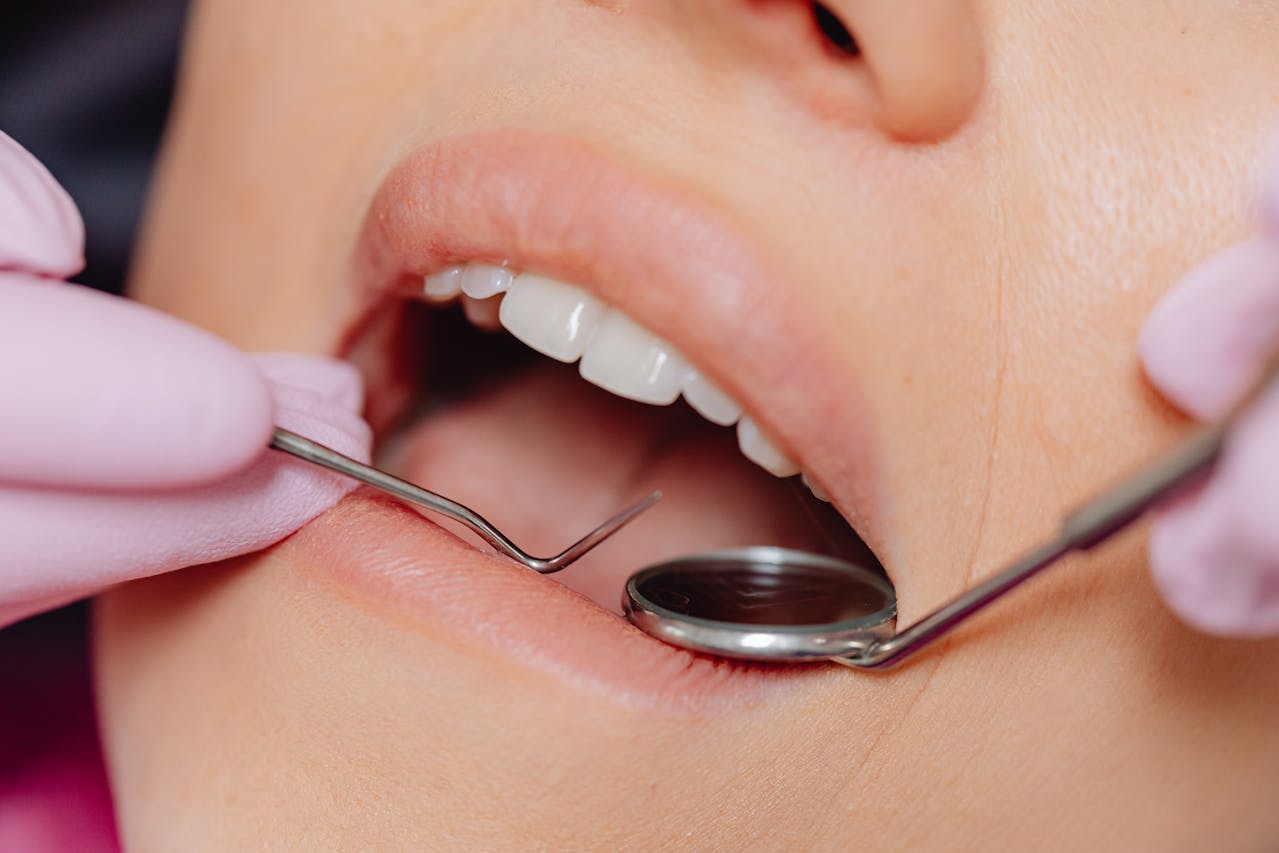Using whitening strips is a popular and effective way to brighten your smile. However, many wonder about the best practices for maintaining their newly whitened teeth. One common question is: should you brush your teeth after whitening strips? In this post we will share the topic in-depth, giving you the information you need to make an informed decision.
What Are Whitening Strips?
We know that Whitening strips are thin, flexible pieces of plastic coated with a peroxide-based gel. When applied to your teeth, they work to break down stains and discoloration, revealing a whiter, brighter smile. Whitening strips are a convenient and affordable option for at-home teeth whitening.
How Do Whitening Strips Work?
The peroxide in the gel penetrates the enamel and breaks down the compounds that cause stains. This process can take anywhere from a few days to a couple of weeks, depending on the strength of the strips and the extent of the staining. Consistently using as directed is key to achieving the best results.
Should You Brush Your Teeth After Whitening Strips?
Now, let’s address the main question: should you brush your teeth after whitening strips? The short answer is yes, but timing is very essential. Here’s why:
- Removing Residue: Whitening strips can leave a residue on your teeth, which may cause sensitivity if not properly removed.
- Maintaining Oral Hygiene: Brushing helps remove any remaining whitening gel and ensures your teeth and gums stay clean and healthy.
However, it’s important to wait a bit before brushing. Brushing immediately after removing the strips can cause irritation and sensitivity.
How Long Should You Wait to Brush Your Teeth After Whitening Strips?
So, how long should you wait to brush your teeth after whitening strips? Dentists generally recommend waiting at least 30 minutes before brushing your teeth. This allows the peroxide to fully penetrate the enamel and reduces the risk of irritation.
What Not to Do After Using Whitening Strips?
After using whitening strips, there are a few things you should avoid to ensure the best results and minimize sensitivity:
- Avoid Eating or Drinking: At least an hour after using the strips, avoid consuming food or beverages that could stain your teeth, such as coffee, tea, red wine, or dark-colored foods.
- Skip Acidic Foods and Drinks: Acidic substances can increase sensitivity and reduce the effectiveness of the whitening process. Steer clear of citrus fruits, sodas, and vinegar-based products for a while.
- Don’t Brush Too Hard: When you do brush your teeth, use a soft-bristled toothbrush and gentle strokes. Brushing too hard can wear down your enamel and increase sensitivity.
Do I Rinse After Taking Off Whitening Strips?
Another common question is, do I rinse after taking off whitening strips? Rinsing your mouth with water can help remove any remaining gel and reduce the risk of sensitivity. However, avoid using mouthwash immediately after using the strips, as the alcohol in many mouthwashes can cause irritation.
Best Practices for Using Whitening Strips
To maximize the effectiveness of whitening strips and maintain your oral health, follow these best practices:
- Follow Instructions: Always use the strips as directed by the manufacturer. Overuse can lead to increased sensitivity and damage to your enamel.
- Be Consistent: For best results, use the strips consistently as part of your oral care routine.
- Maintain Better Oral Hygiene: You should continue to brush and floss regularly to keep your teeth and gums healthy.
Benefits of Whitening Strips
Whitening strips offer several benefits, including:
- Convenience: They can be used at home, at your own convenience.
- Cost-Effectiveness: They are generally more affordable than professional whitening treatments.
- Effective Results: When used correctly, whitening strips can significantly improve the appearance of your smile.
Potential Side Effects of Whitening Strips
While whitening strips are generally safe, some users may experience side effects, such as:
- Tooth Sensitivity: This is the most common side effect, usually temporary and subsides after the treatment is completed.
- Gum Irritation: The peroxide gel can sometimes cause irritation to the gums if it comes into contact with them.
Conclusion
So, should you brush your teeth after whitening strips? Yes, but be sure to wait at least 30 minutes to avoid irritation and sensitivity. Following best practices and avoiding certain foods and drinks can help you achieve and maintain a brighter smile. Remember to rinse your mouth with water after removing the strips and continue to practice good oral hygiene.
FAQs
1. How long should you wait to brush your teeth after whitening strips?
Dentists recommend waiting at least 30 minutes before brushing your teeth after using whitening strips to avoid irritation and sensitivity.
2. What not to do after using whitening strips?
Avoid eating or drinking anything that can stain your teeth, consuming acidic foods and drinks, and brushing too hard immediately after using the strips.
3. Do I rinse after taking off whitening strips?
Yes, it’s a good idea to rinse your mouth with water after removing the strips to remove any remaining gel and reduce the risk of sensitivity.
4. Can I use mouthwash after whitening strips?
It’s best to avoid using mouthwash immediately after using whitening strips, as the alcohol in many mouthwashes can cause irritation.
5. How often should I use whitening strips?
Follow the manufacturer’s instructions regarding frequency. Overuse can lead to increased sensitivity and damage to your enamel. Typically, using them once daily for the recommended period is sufficient.
By following these guidelines and understanding the proper use of whitening strips, you can achieve a brighter, more confident smile while maintaining your oral health.
